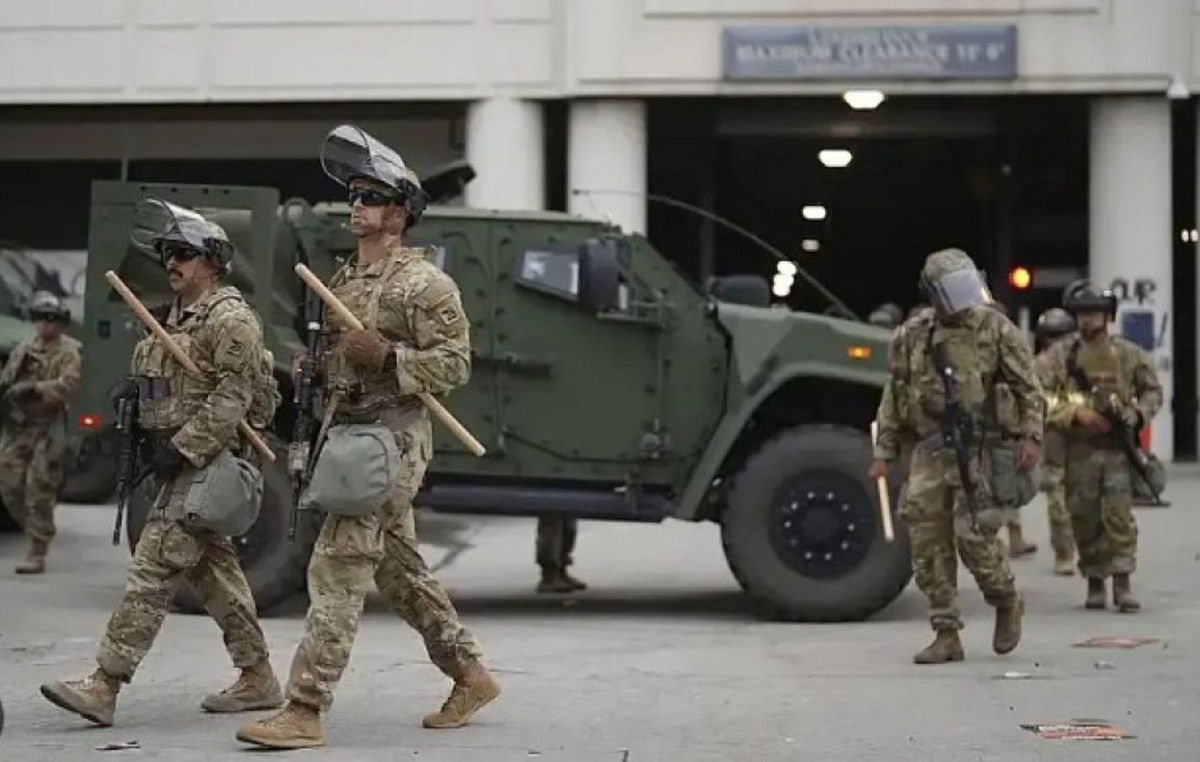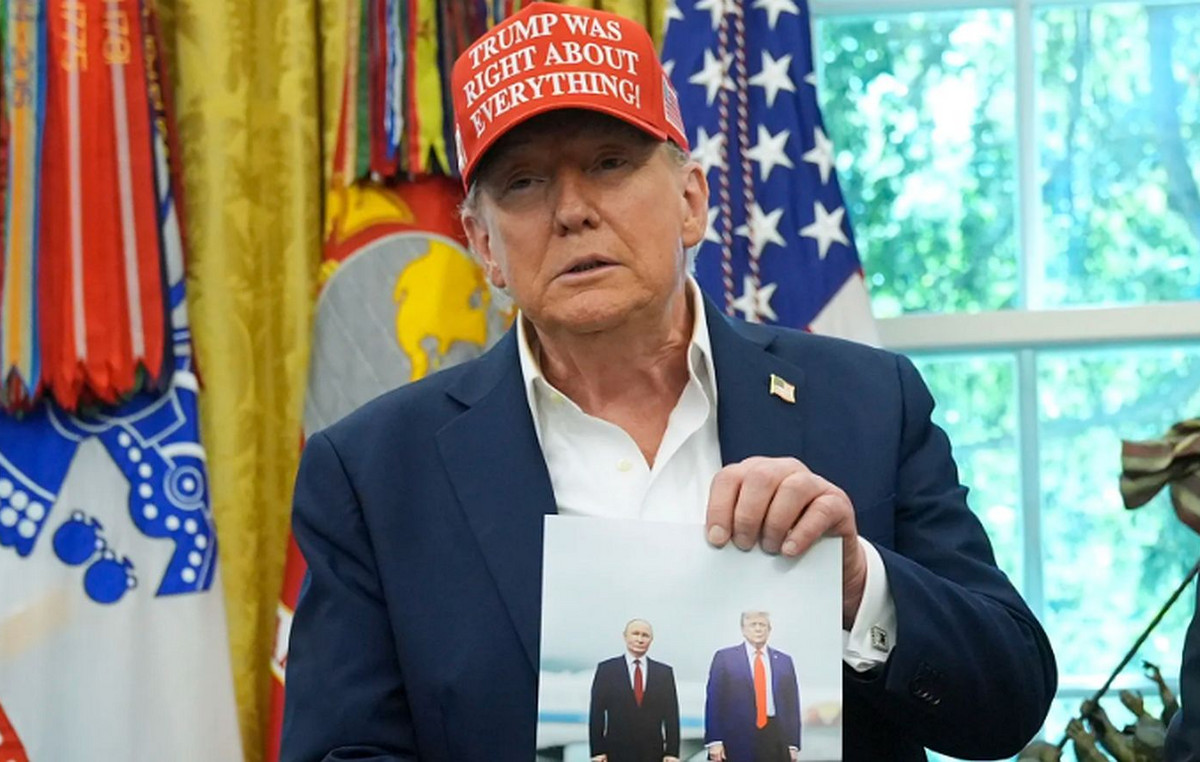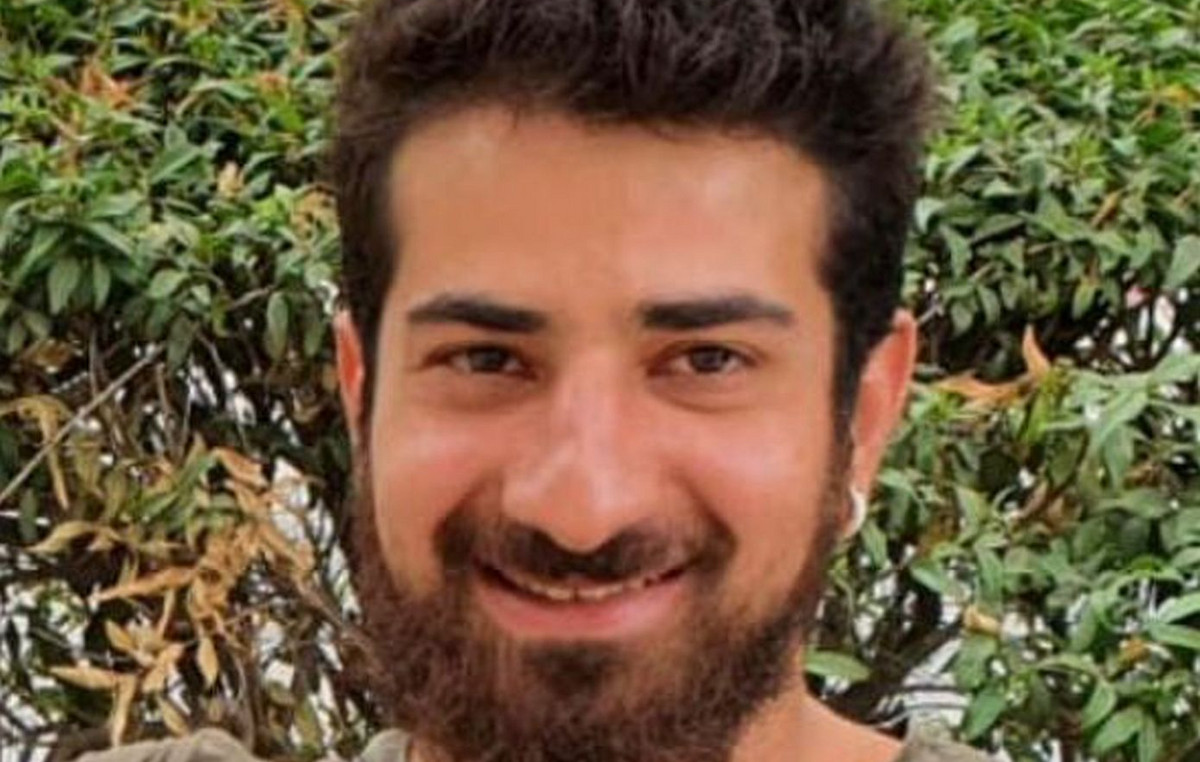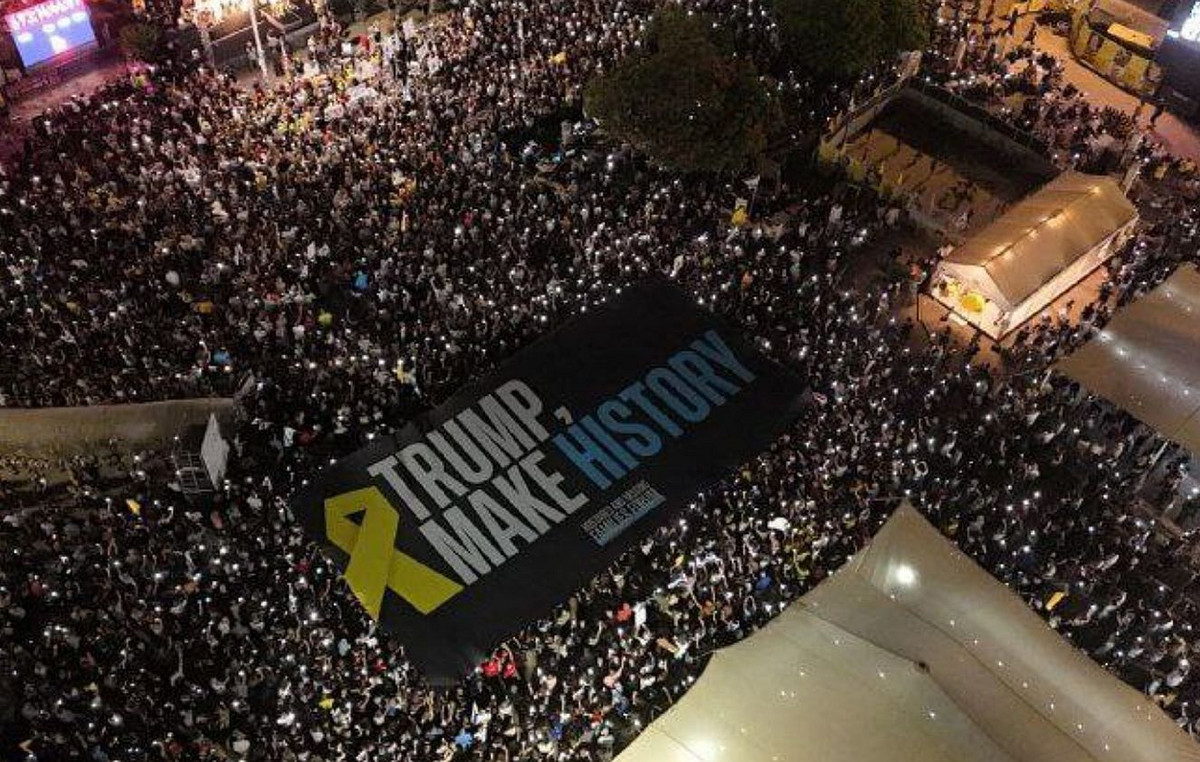A handball game between law students from the Pontifical Catholic University (PUC-SP) and the Faculty of Law of the University of São Paulo recorded racist and aporophobic comments made by PUC-SP students. The case happened during the State Legal Games, in Americana (SP), last Saturday (16).
It is possible to see, in the images, members of the PUC-SP fans calling USP students “quota students” and “poor”. The prejudiced demonstrations, which surfaced on social media, expose a persistent problem in Brazilian society and raise important questions about law enforcement and the need for affirmative action. See the images .
History and legislation
The master in humanities, law and other legitimacy from FFLCH-USP, Marcos Alexandre Oliveira, clarifies that quotas are not a form of favoritism, but rather a historical reparative measure.
“Historically, black people were enslaved in Brazil, this meant they did not have access to education, this situation dragged on and the result was the absence of opportunities”, he states.
The expert highlights that the lack of opportunities and unequal access to quality education have resulted in historical underrepresentation in universities. Quotas, therefore, are a tool to promote inclusion and diversity in academic spaces.
The manifestations of racial prejudice on the part of the students involved in the case are reprehensible as conduct, regardless of the classification of the crime. Although, it guarantees that the legislation, by Law No. 7,716/1989, punishes discriminatory acts based on race, color, ethnicity, religion or national origin.
“When the conduct, roughly speaking, is directed towards a specific person, it can be considered an insult. (…) The crime of racism occurs when this prejudice is directed, it is externalized, towards a specific group of people, a race, an ethnicity. (…) The Federal Supreme Court (STF) has already equated homophobia with racism, demonstrating the scope of the law”, highlights the expert.
Racism in universities
Regarding the role of universities, the expert states that they have a fundamental position in promoting equality and combating racism.
According to the master, higher education institutions must adopt effective measures to prevent and combat prejudice, such as implementing diversity and inclusion programs, in addition to offering channels for reporting and welcoming victims.
“Not taking serious, educational actions, not just punishment, but education, dialogue, opening opportunities for offenders to know and understand the reality of others, is a revictimization of those who bear the damage”, says the expert.
The role of society in the fight against racism
The role of combating racism is a responsibility of the entire society, says the expert. In his view, it is essential that each individual assumes their role in building a more fair and egalitarian country. The Master of Law highlights the importance of dialogue and education for transforming racist culture.
“If society, if employers, if justice does not act, if the University does not act, endorse, approve, endorse, in practice through its omission”, he ponders.
Finally, the expert assesses that this type of behavior is based on social and economic differences, present in the country’s history.
“The only people who try to humiliate others are those who have a lot (or think they have a lot)… if inequality wasn’t so abysmal, the chances would be smaller and perhaps clearer”, he concludes.
This content was originally published in “Cotista” and “pobre”: expert evaluates case of discrimination between PUC and USP students on the CNN Brasil website.
Source: CNN Brasil
I’m James Harper, a highly experienced and accomplished news writer for World Stock Market. I have been writing in the Politics section of the website for over five years, providing readers with up-to-date and insightful information about current events in politics. My work is widely read and respected by many industry professionals as well as laymen.







